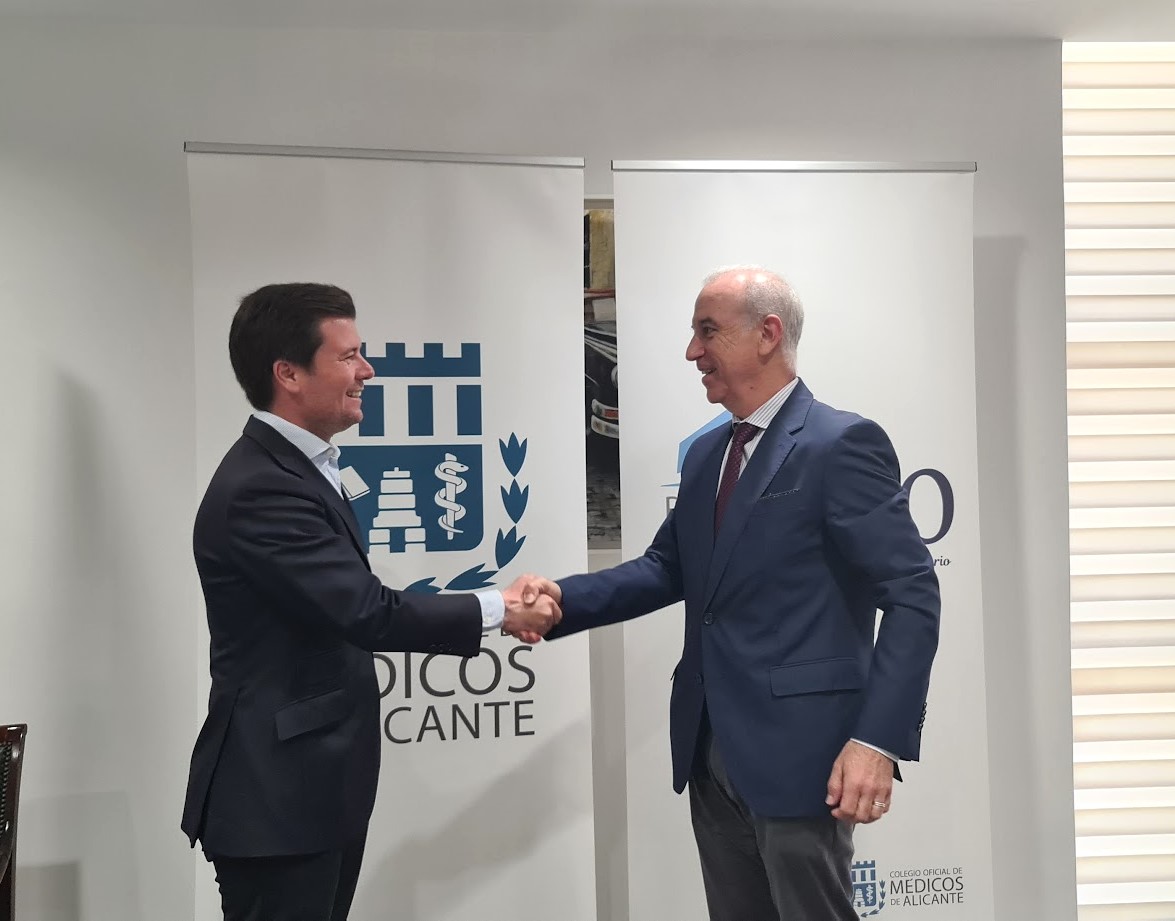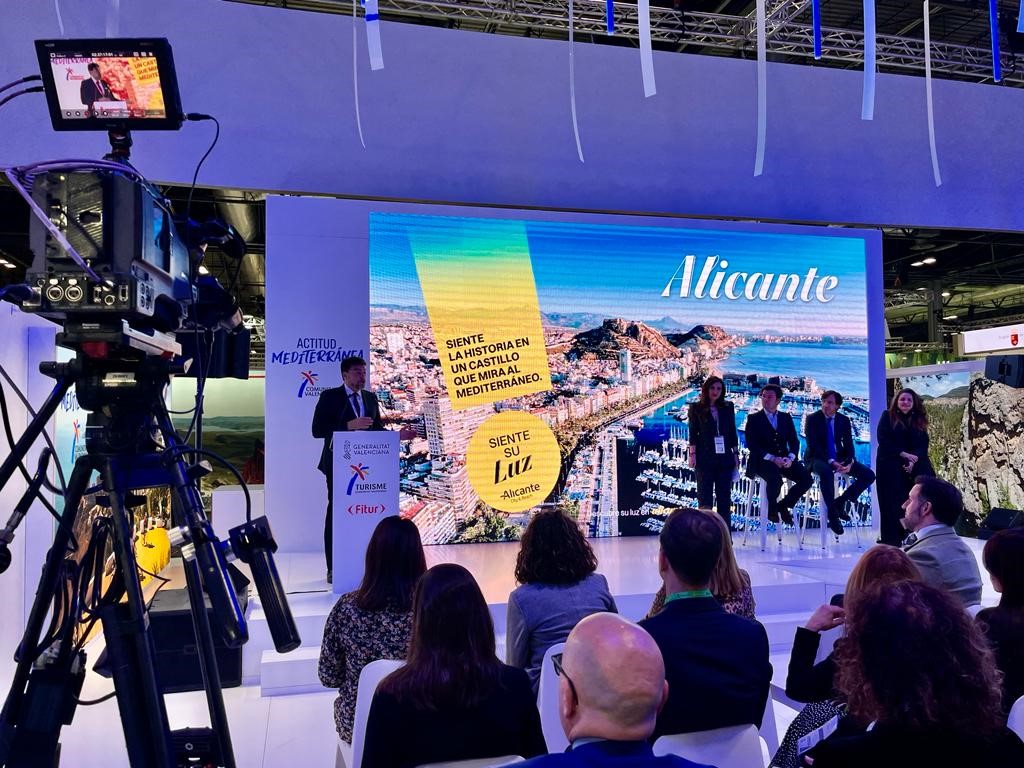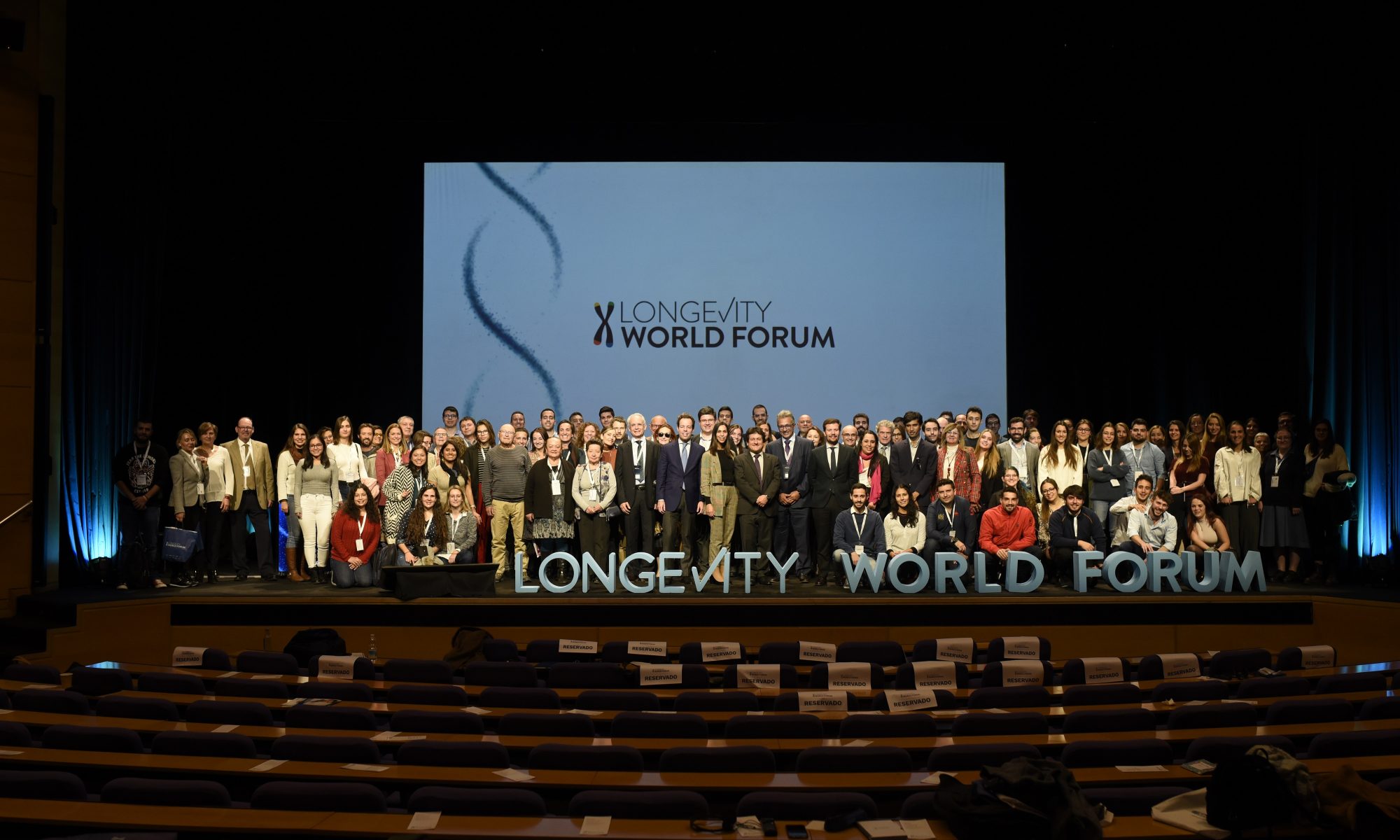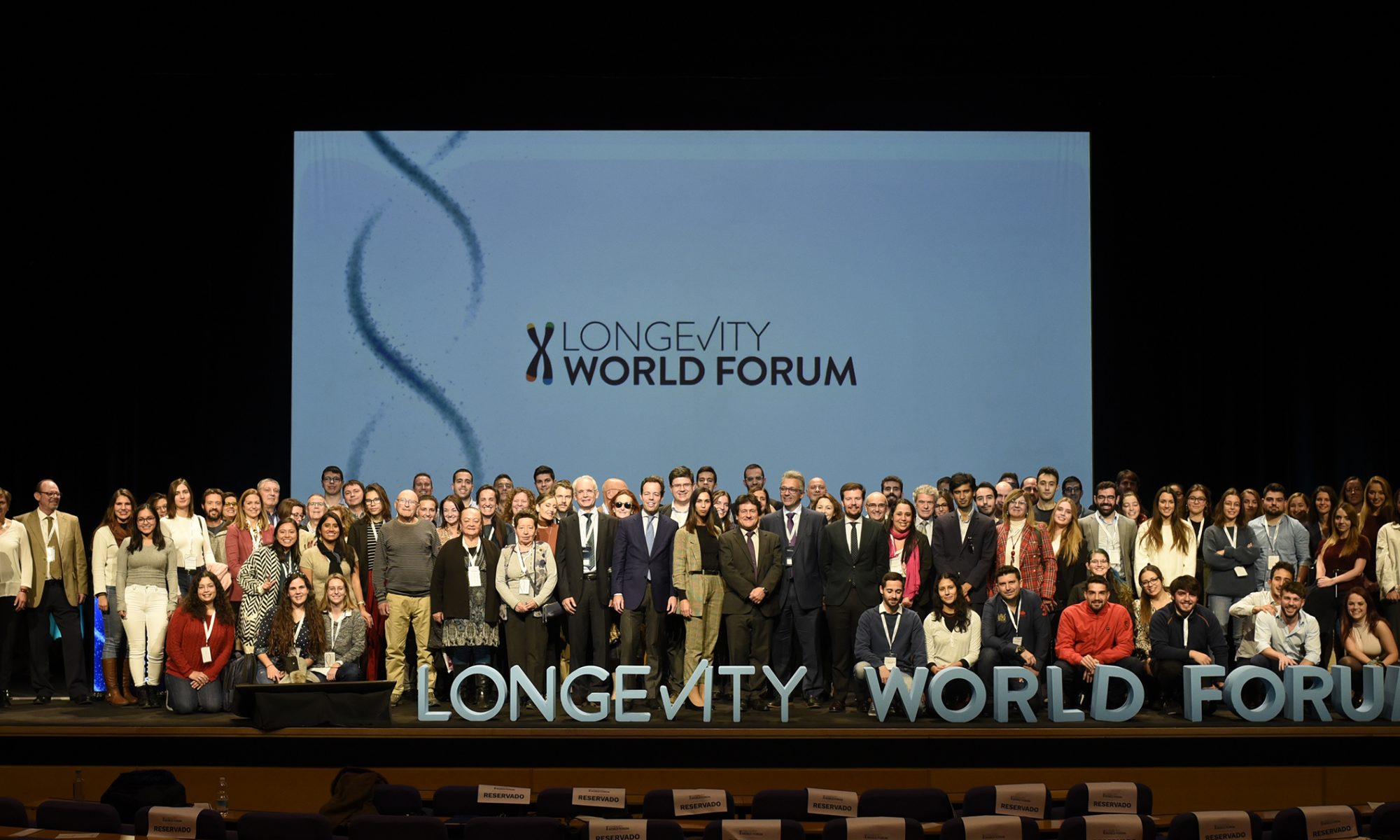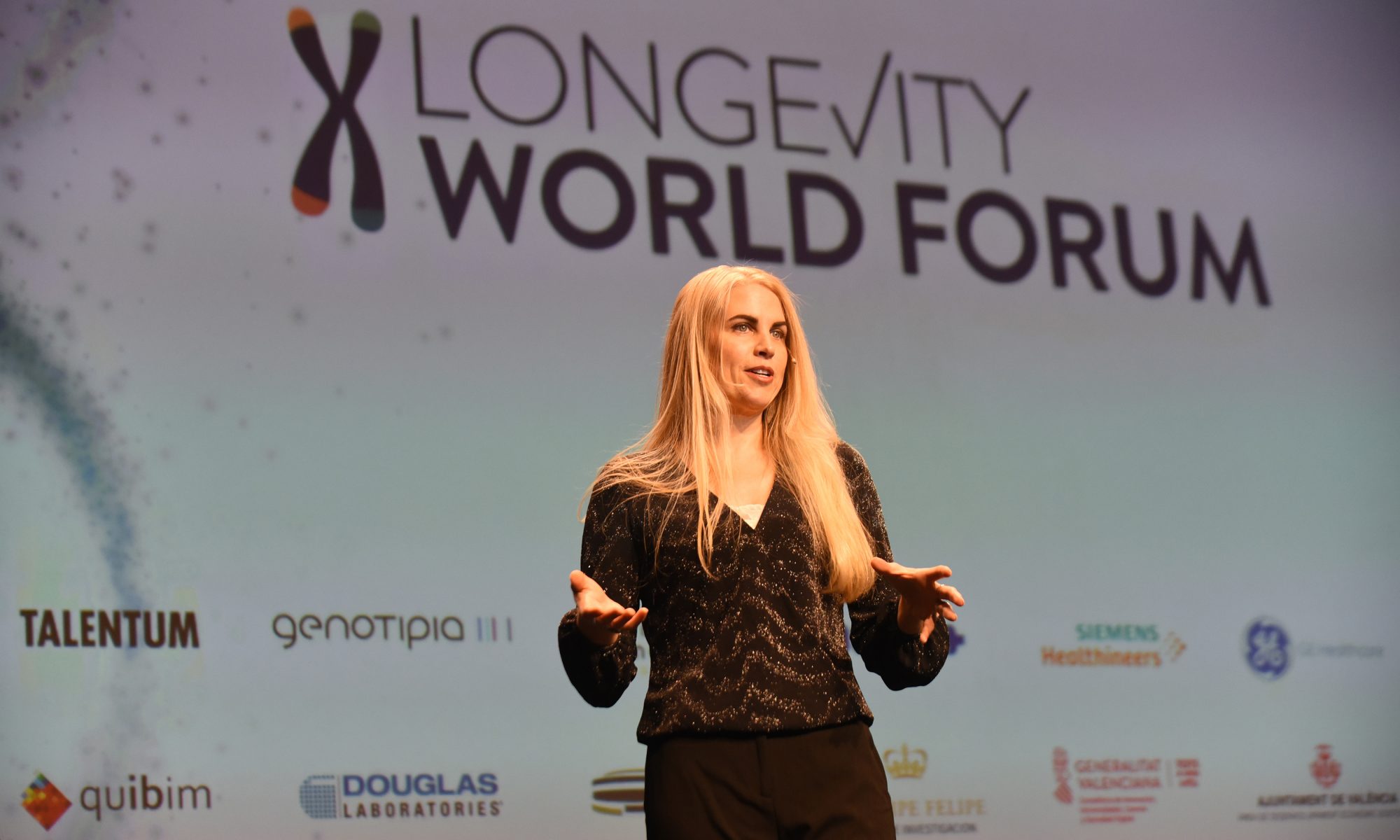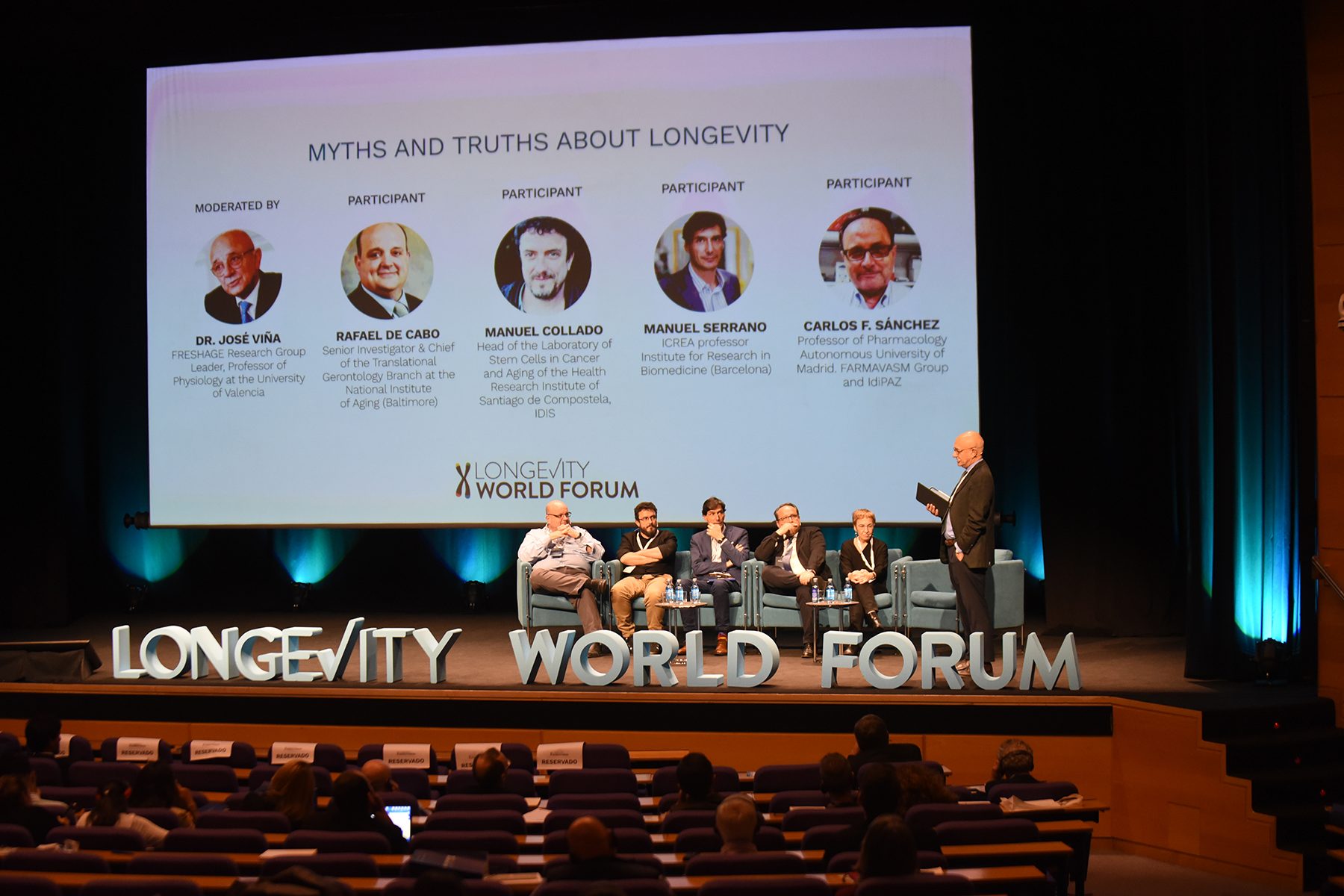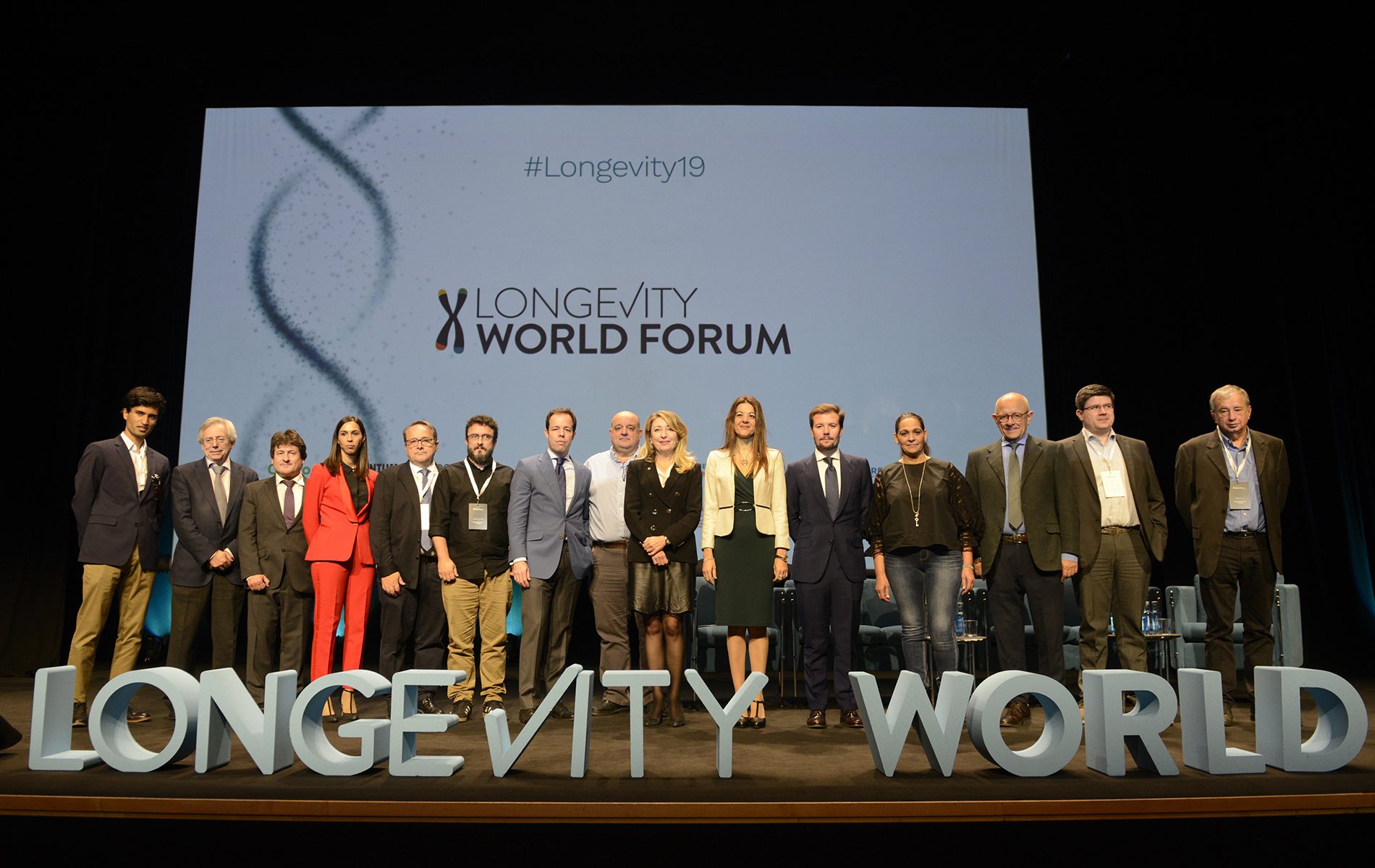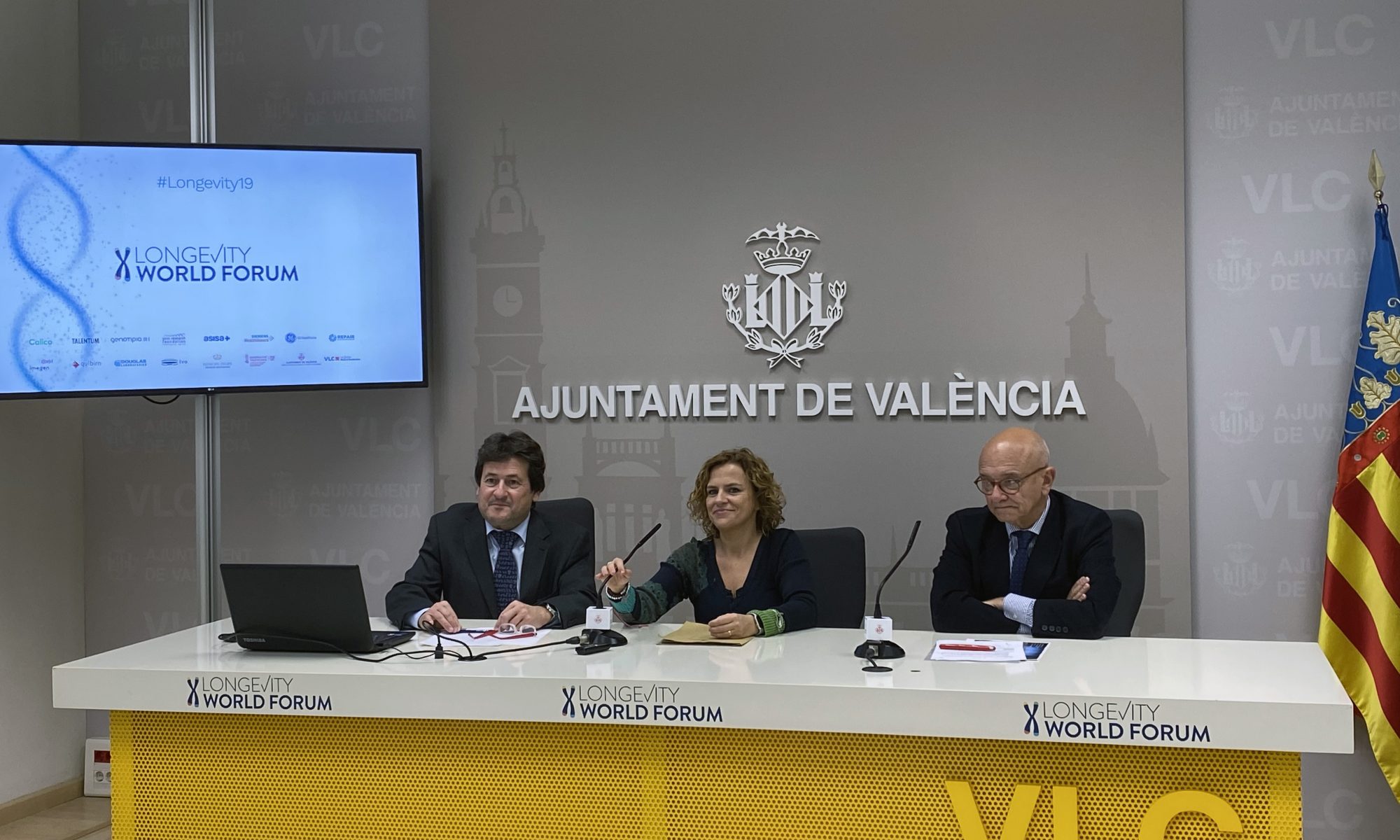The Colegio de Médicos de Alicante (COMA) and the Valencian company Talentum Group have officially sealed their union, on Thursday 18 April, to hold the Longevity World Forum (LWF) congress in 2024, 2025 and 2026 in the capital of Alicante. This strategic alliance symbolises their shared commitment to progress and innovation in the field of longevity, healthy ageing and wellbeing.
COMA’s president, Dr. Hermann Schwarz, signed the cooperation agreement with the managing partner of Talentum Group, Francisco Larrey, at the association’s headquarters. Both parties agreed “on the importance that the ageing of the population has and will have in the not too distant future, not only on a national level, but evidently on a global level, the scientific advances of the last 20th century and of this first quarter of the 21st century”. They predict that the survival rate will continue to grow, making Spain a world leader and therefore a benchmark in terms of quality of life and living conditions, as the indisputable basis for people’s longevity.
COMA’s president, Dr. Hermann Schwarz, signed the cooperation agreement with the managing partner of Talentum Group, Francisco Larrey, at the association’s headquarters. Both parties agreed ” on the importance that the ageing of the population has and will have in the not too distant future, not only on a national level, but evidently on a global level, the scientific advances of the last 20th century and of this first quarter of the 21st century”. They predict that the survival rate will continue to grow, making Spain a world leader and therefore a benchmark in terms of quality of life and living conditions, as the indisputable basis for people’s longevity.
Significant day for the College of Doctors of Alicante, a milestone for the institution, which for the last year has been working together with Talentum to ” involve the civil, institutional, administrative and political society of both the province of Alicante and the Valencian Community”. Several agreements have been signed for the success of the FLM, being the city of Alicante and its province, for many reasons, the ideal place for its reissue and consolidation as a world reference, placing it as a permanent venue, with the advantages for all participants. This means establishing its name within the brand and denomination.
Thus, the hub of the longevity health industry will have an unmissable event every October for the next three years at the Palacio de Congresos de Alicante, owned by COMA. The city will be the international capital of healthy ageing with the Longevity World Forum Alicante, a congress based on three fundamental pillars: science and research, technological development and the latest trends linked to longevity. A pioneering event in Europe, promoted by the College of Doctors, which has the firm support of Alicante City Council, in line with its MICE Tourism strategy (congresses, meetings, events and incentives). To demonstrate this, it is intended to sign a collaboration framework agreement, whereby the LWF will be renamed “Longevity World Forum Alicante”.

